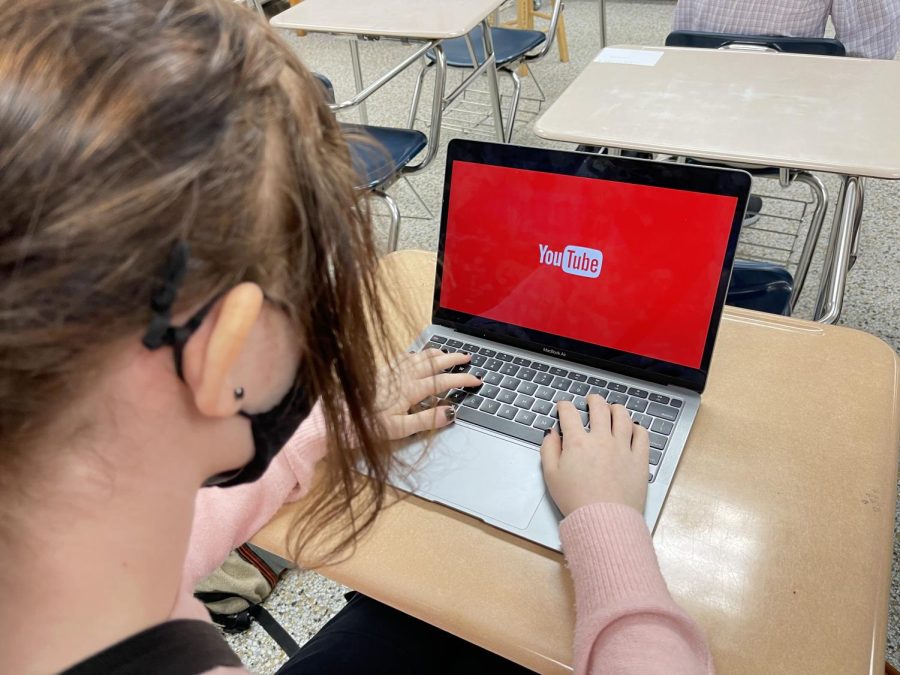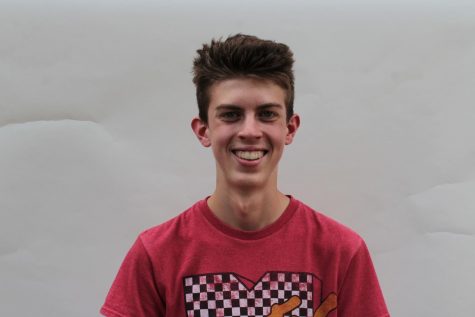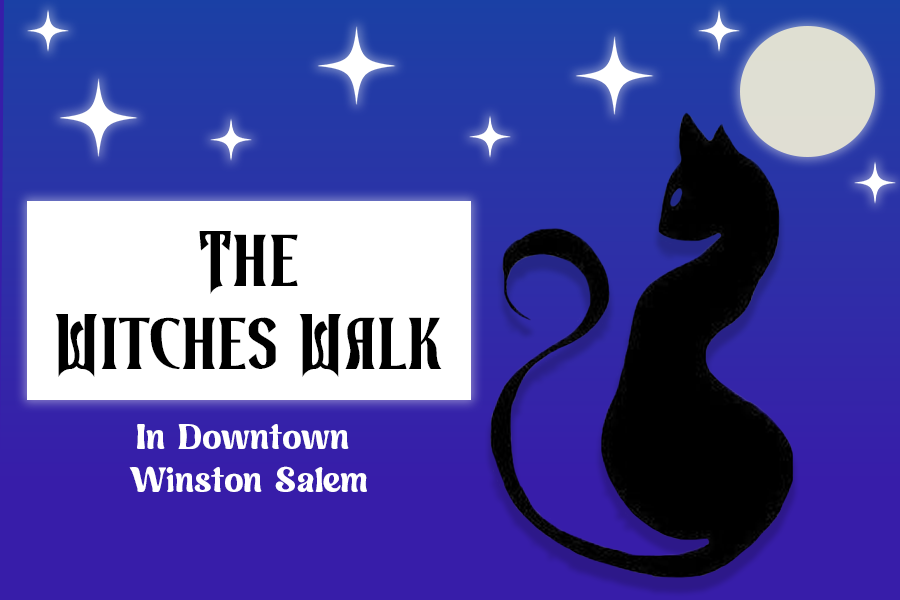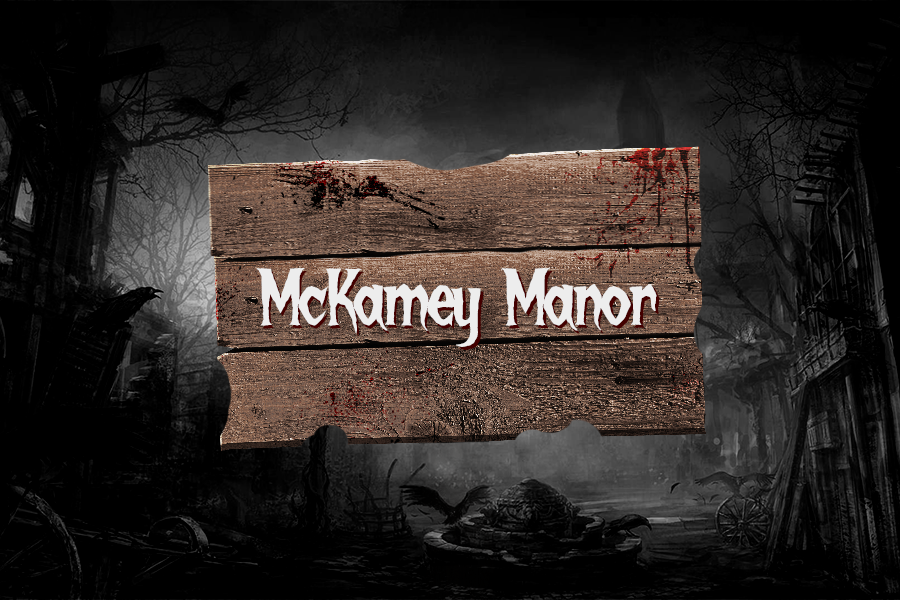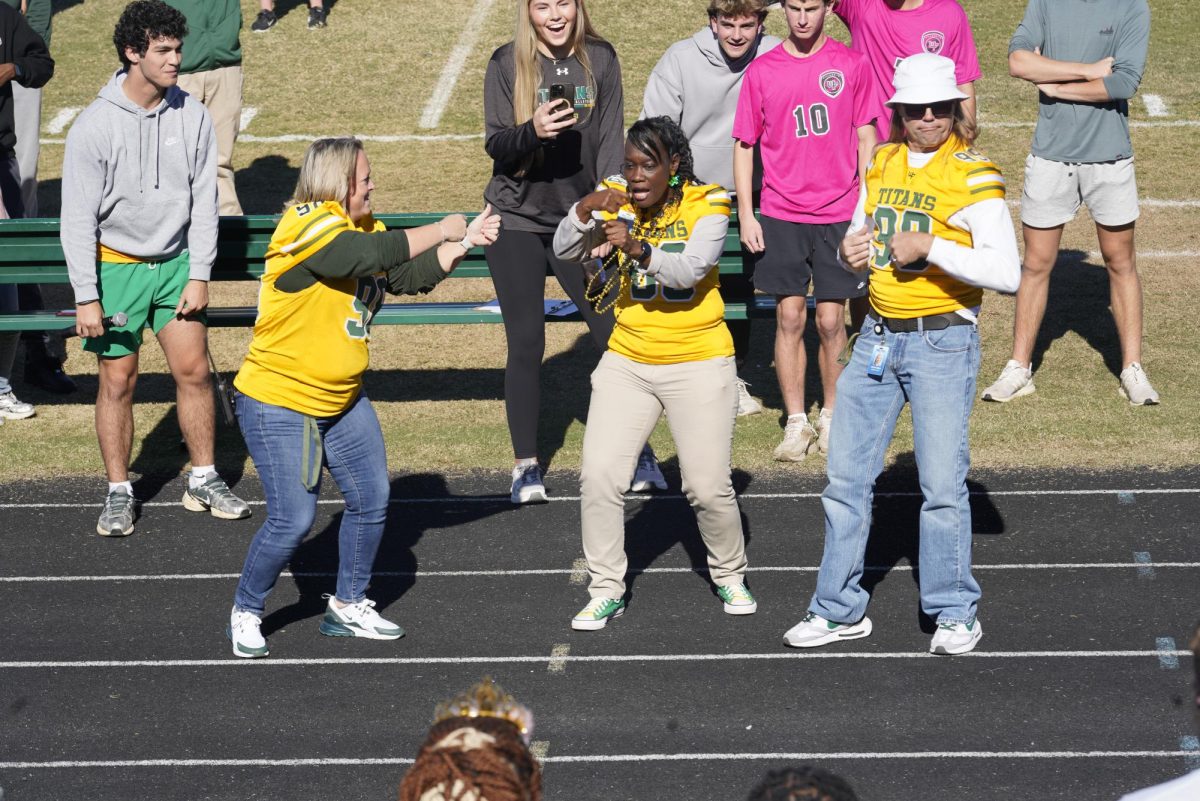Social Media Exploits Parasocial Attachment
February 3, 2022
Loneliness is inescapable. Every party must end – the night is only young for so long until it gives to the dead hours before morning. We all must grapple with the feeling of finality that comes once everyone has gone.
We’ve always tried to find contact where there is none. We laugh when toddlers talk about their imaginary friends, yet it is somehow different when we connect with Harry Potter. Sure, we may not believe that Harry Potter is really sitting beside us, but the impulses behind the imaginary friend and the fictional friend are the same.
Fictional friends create what is called a parasocial relationship, meaning that it is one-sided. The reader may sympathize with Harry Potter, but Harry Potter can’t share in those feelings. Harry Potter doesn’t know you, and though it technically is possible for you to know Snoop Dogg, Olivia Rodrigo, it is almost as improbable. Their talk show appearances may hold what seems like the sentiment of a real conversation, we really don’t know the celebrity either.
It won’t be long until the talk show is gone. Its fate is sealed. Podcasts are the clear scythe bearer, the final straw broken on the camel’s back, but social media signaled its death many years ago. The talk show’s primary function is as a vessel for the audience to engage with the celebrity, and social media totally dwarfs talk shows in accomplishing this.
And this is why parasocial relationships have surged in notoriety in the almost two years since the COVID-19 pandemic began, where before they were confined to esoteric Twitter discussions. Social media was given an unprecedented importance in 2020’s many months of isolation. That isolation brought about a profound loneliness, and we shouldered all of our social needs upon it. Parasocial relationships flourished in this time, and with that dependence came unforseen ramifications.
While not harmful in concept, parasocial relationships can have deep consequences when relied upon, particularly in how they contribute to YouTube addiction. Whether intentionally or not, social media benefits from extreme devotion to its content creators. Devotion corresponds with attention, and attention means more time they can spend pumping your face with targeted advertisements. Social media’s basic architecture encourages audience engagement, nurtures in them the slim possibility of validation from the content creator as the reward for loyalty and worship.
If we want to curb social media addiction, then we must address parasocial relationships as a root cause. We must examine our individual patterns of behavior, and maybe even rethink how we live with loneliness. But we must remember how social media exploits our capacity for parasocial relationships, how they use it to gorge on our time and attention. The better we understand parasocial relationships, the easier it will be to treat, and prevent, social media addiction.
What originally inspired sociologists Donald Horton and R. Richard Wohl to publish their 1956 paper coining “the parasocial” was the erosion of barriers between audience and performer. Then, it was the television and radio personalities of the mass media that chipped away at this barrier. Now, it is the content creators of social media that do. The cardinal difference between social media and the mass media of old boils down to one word. Reciprocity. Social media is built on the back of audience engagement in a way unlike any television show. Success is measured by it, in the form of likes, follows, comments, reposts; that interaction is part of what constitutes the content. A content creator must foster these connections as a part of the job, as a way to cultivate influence.
Influence is the name of the game with social media, and its why their position is often given the vague title of “influencer,” it is their main objective. Brands know this too, and they have played it to their advantage. Targeted advertisements are one thing, but paid promotion directly from the creator’s mouth is another. This is most effective through YouTube, because right in the middle of the video, the YouTuber can switch from being a friend to being a salesman- the switch can happen in an instant. And because we trust them, we may trust the product they’re promoting. Our parasocial relationships may convince us into buying a product that we never wanted or needed. A powerful weapon, that.
Parasocial relationships bind us in another way- they can keep us trapped in a cycle of compulsive watching, a torrent of addiction. I was entrenched in YouTube addiction for nearly four years. From the beginning of middle school, all the way into the beginning of sophomore year, I spent most of my days watching YouTube. I yearned for entertainment, and I doubly longed to befriend the creators. Worse still, because many of these YouTubers had created Discord servers (massive chatrooms that come with voicechat), I could reach out to them directly. What I sought there was not friendship, but validation- approval.
I wasted so many hours in a frustrated fight between the parasocial and the social, and my dependence on YouTube overshadowed my schoolwork, my hobbies, everything. I spent more time on YouTube than I did with my friends. Though I kept returning to it, deep down I knew that the connections I found on YouTube were artificial. Otherwise, I wouldn’t have been compelled to reach out to the YouTubers, to find that affirmation from them. I tried to substitute parasocial interactions for social ones, and this kept me trapped in a web of discontent.
Though I’ve made parasocial interactions out to be a disease, I still believe that they’re truly harmless in concept. In fact, I still frequently form parasocial relationships with the fictional characters of novels and movies. The marked change between my current parasocial relationships and the ones I used to hold with YouTubers is that I recognize their supplemental role.
Loneliness is inescapable. If you go into any relationship, parasocial or social, attempting to relieve it, then you began the relationship for the entirely wrong reason. Parasocial relationships supplement social relationships, which supplement solitude. No matter how you cling to someone else, you will always be thrown into solitude again. If you can’t cope with that, then the solitude will be miserable. But if you can learn to accept the quiet, you may begin to find that you really are your own best company.
Links:
The relations between YouTube addiction, social anxiety and parasocial relationships with YouTubers: a moderated-mediation model based on a cognitive-behavioral framework
Do People Use YouTubers to Replace Real Relationships? | Psychology Today


